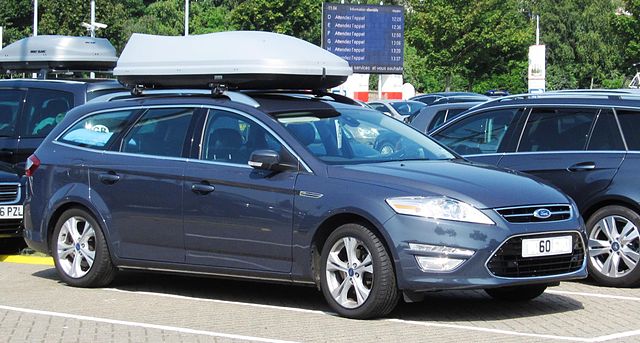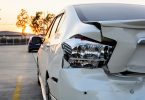Some people reckon that you don’t need a big car for ferrying you and your family around, and that you could get away with a small hatchback. The problem is those same people have probably never had a family of their own, or in the least 2 or more children!
When going away on a family holiday somewhere (either in Britain or in Europe), many parents will opt to take their cars and drive to their destinations rather than going by public transport or flying somewhere. It more often than not works out much cheaper to do so, even taking into account fuel costs, and it offers more flexibility such as the ability to stop at as many motorway services as needed.
Those families will not be travelling light, especially if babies or young children are being taken on holiday, and so they will need a car with as much storage space (and decent comfort levels for the passengers) as possible.
If you are looking to buy a suitable family car, what sort of things should you be looking out for when making a shortlist of possible vehicles? Here’s a quick guide on what you need to consider when buying your next family car.
Buying a car that is at least 12 years old? Read this!
Any car manufactured after the 1st of March 2001 will have their road tax calculated on its CO2 (carbon dioxide) emissions, whereas cars built before that date are taxed in two bands – they are calculated on whether their car’s engines are over or under 1549cc (i.e. 1.5-litre).
For post-March 2001 cars, there are 13 different bands for car tax, with two tables for taxes – petrol and diesel cars, and alternative fuel cars.
At the moment, any cars with engine emissions up to 100g/km are exempt from car tax (these are usually either electric vehicles or cars with small 1.0-litre eco-friendly engines), and the most tax you can expect to pay in a year is £490 for cars with emissions that are over 255g/km (gas-guzzling supercars for example).
Diesels tend to have lower emissions than their petrol engine counterparts, even if the engine displacement (size) is the same, but diesel fuel is more expensive than petrol, so you might find that a petrol car works out considerably cheaper to run, as bizarre as it sounds!
Will the car be cheap to insure?
The next thing you should consider is how much insurance will cost for your desired family car. All cars in Britain are classed under specific “groups” – these groups take into account the cost to repair or replace vehicles by insurance companies in the event of an accident or theft for example. Insurance groups range from group 1 (the cheapest) to group 50 (the dearest).
How economical is the car?
A car might be cheap to buy, insure and tax, but if its say 10 or more years old, it won’t be as economical on fuel as it once might have been due to engine wear.
How reliable is the car?
You obviously don’t want to end up with a shed on wheels, so it is worth doing some research into how reliable the car model you want to buy is. The Reliability Index is a good place to start.
Another good place to get advice from is car experts Tilsun.







